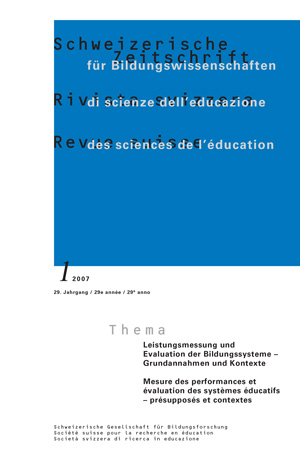Is it possible to deduce recommendations for the educational policy from the results of PISA?
DOI:
https://doi.org/10.24452/sjer.29.1.4761Keywords:
PISA assessments, educational policy, educational reforms, literacy, educational research designAbstract
This article is a contribution to the debate whether PISA can fulfil the expectations of both the OECD and the countries participating in PISA that this programme provides data about strengths and weaknesses of their national education system in order to deduce political reforms in education directly. There are three arguments against this assumption: (1) PISA has been conducted in a cross-sectional design it is not possible to detect causalities; therefore it is also not possible to deduce political recommendations in a logical and sophisticated manner corresponding to scientific methodological standards. (2) Given the case that PISA would not be limited due to research design, one could still hold reservations with regards to its conclusions and recommendations, since its concept of literacy is politically defined. (3) Without any doubt, PISA has inspired controversial debates about educational policy; however, in future times PISA has to be conducted in a longitudinal design in order to contribute to educational reforms.
Downloads
Downloads
Published
Issue
Section
License
Copyright (c) 2007 Rolf Becker

This work is licensed under a Creative Commons Attribution 4.0 International License.



